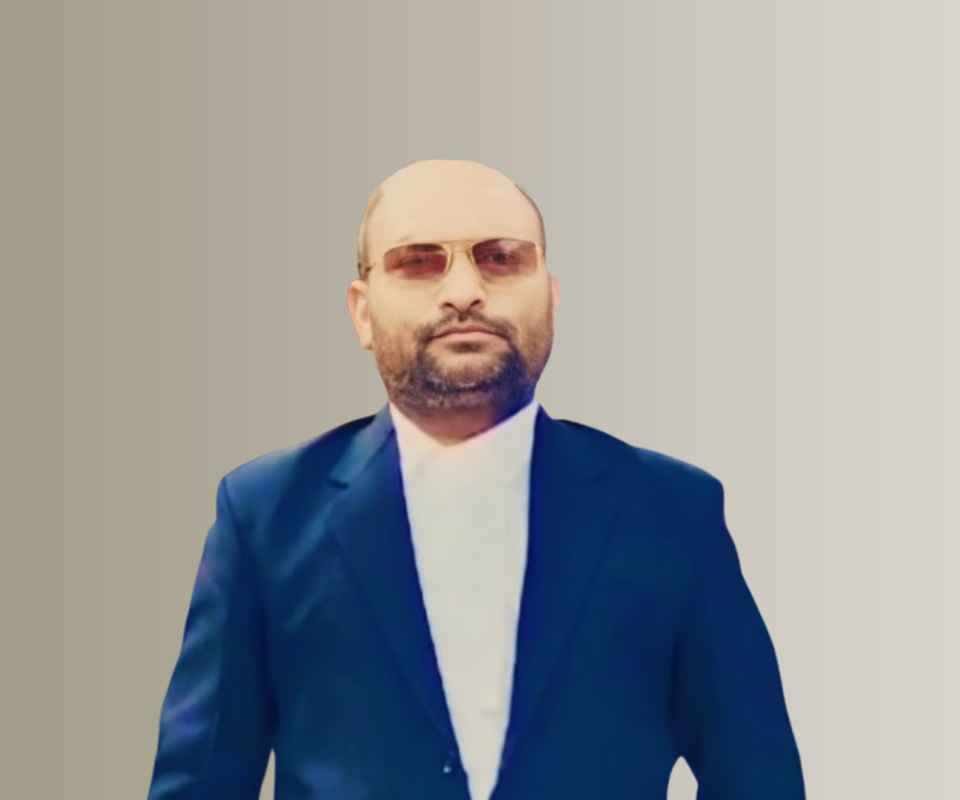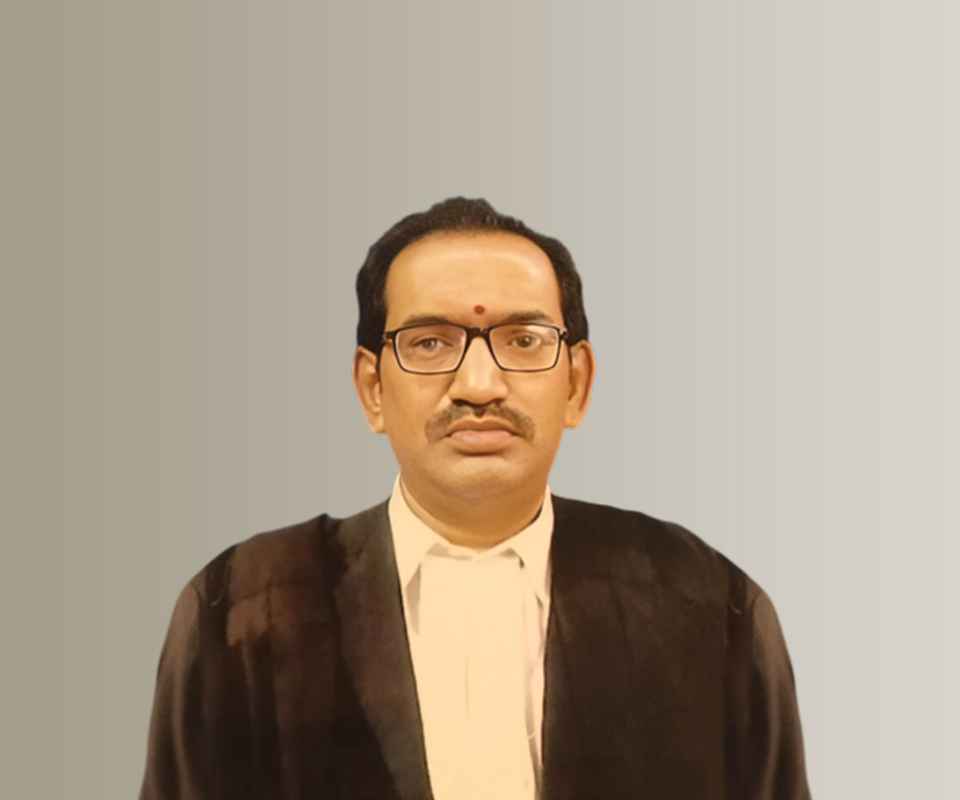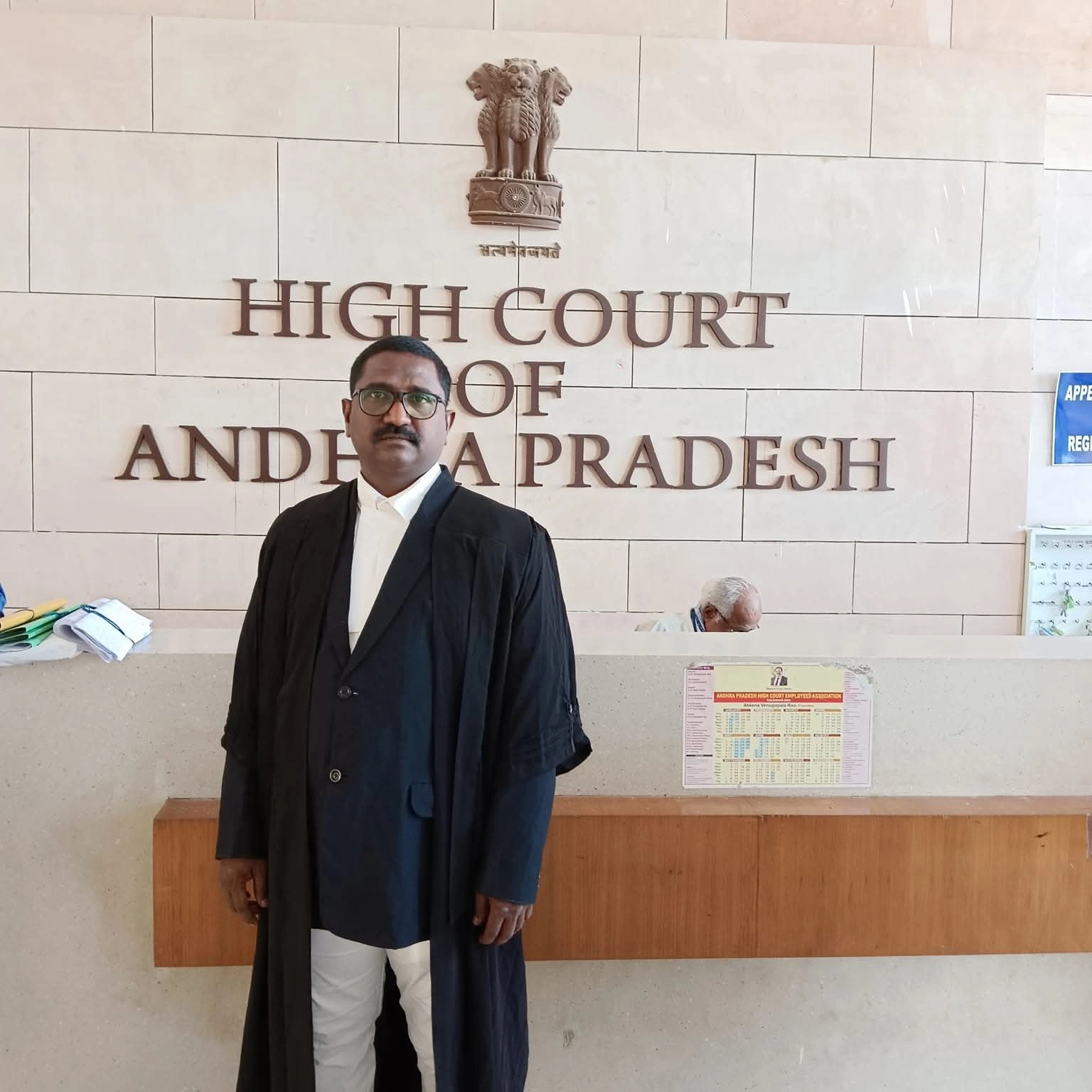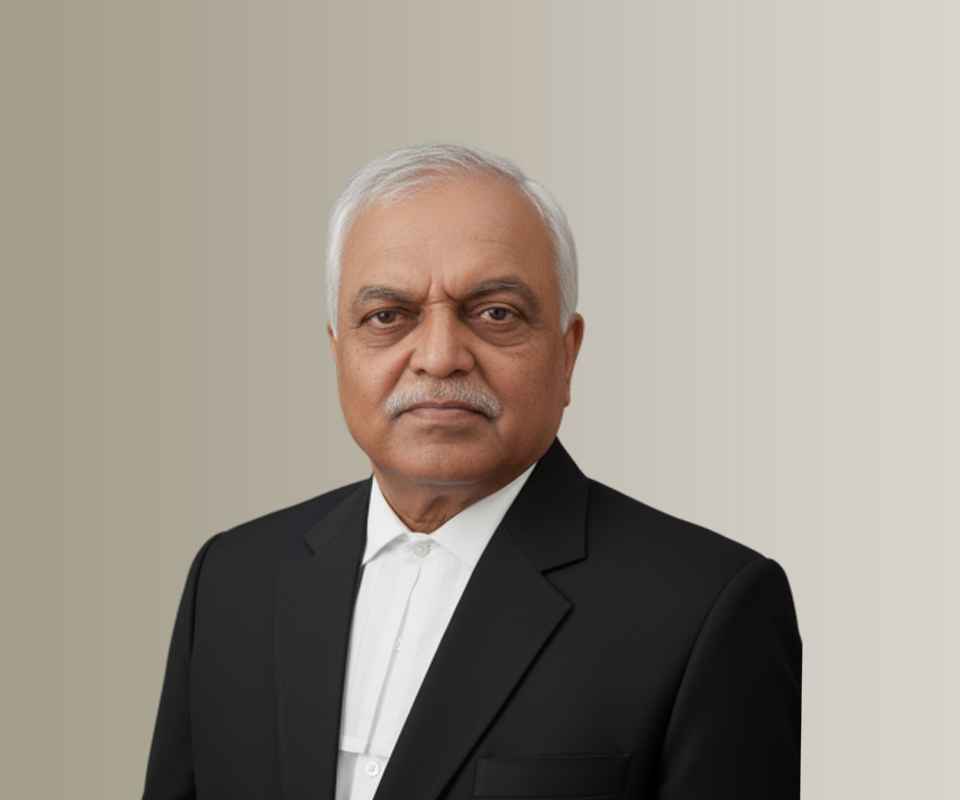Answer By law4u team
India's handling of politically sensitive extradition cases involves a complex interplay of legal provisions, diplomatic considerations, and human rights assessments. The Extradition Act of 1962 and various bilateral treaties provide the legal framework, while political factors and international relations influence the practical application of these laws.
Legal Framework Governing Extradition in Politically Sensitive Cases
Extradition Act, 1962
Section 31: Extradition may be denied if the offence is of a political character. However, the Act also lists specific offences that are not considered political, such as terrorism and murder.
Section 32: Extradition can be refused if the person is a national of India, unless the requesting country provides assurances regarding the treatment of the individual upon extradition.
Bilateral Extradition Treaties
Treaties often include clauses that allow for the denial of extradition requests based on political motivations or concerns over the individual's treatment in the requesting country.
Diplomatic and Political Considerations
Impact on Bilateral Relations
Extradition cases involving politically sensitive individuals can strain diplomatic ties. For instance, the case of Niels Holck, involved in the 1995 Purulia arms drop case, highlighted how political and human rights concerns can delay extradition processes. Despite India's persistent diplomatic efforts, the Danish court ultimately refused extradition, citing risks of ill-treatment in India.
The diplomatic fallout from such cases can affect broader bilateral relations, including trade, defense cooperation, and international collaborations.
National Security and Intelligence Concerns
Extraditing individuals involved in sensitive national security matters may raise concerns about compromising intelligence sources and methods. This was evident in the case of Vikash Yadav, a former R&AW officer facing charges in India. Extraditing him could potentially undermine India's intelligence community's confidence.
Balancing the need for justice with the protection of national security interests is a critical aspect of handling such cases.
Human Rights and Fair Trial Assessments
Risk of Torture or Inhumane Treatment
India must ensure that individuals extradited will not face torture or inhumane treatment. The European Court of Human Rights has previously ruled against extradition to countries where such risks are present.
India provides diplomatic assurances regarding the treatment of extradited individuals, but these assurances may not always be accepted by the requesting country.
Guarantee of Fair Trial
Extradition may be denied if there are substantial grounds to believe that the individual will not receive a fair trial in India. This includes concerns about judicial independence, access to legal representation, and the potential for politically motivated charges.
Case Studies of Politically Sensitive Extradition Requests
Niels Holck (Kim Davy)
Holck was involved in the 1995 Purulia arms drop case and was sought by India for arms smuggling charges. Despite years of diplomatic efforts, Denmark refused extradition, citing risks of ill-treatment in India. The case underscored the challenges of balancing legal obligations with human rights considerations.
Vikash Yadav
Yadav, a former R&AW officer, was facing charges in India related to an alleged assassination plot. His extradition to the U.S. was complicated by pending criminal charges in India. Legal experts pointed out that Yadav could not be extradited until domestic legal proceedings were resolved, highlighting the complexities of handling extradition requests involving national security concerns.
Conclusion
India's approach to politically sensitive extradition cases is characterized by a careful evaluation of legal, diplomatic, and human rights factors. While the country is committed to upholding international obligations, it also prioritizes national interests and security concerns. The balance between these considerations determines the handling of such cases.
Example
Case: Niels Holck (Kim Davy)
Background: Niels Holck was involved in the 1995 Purulia arms drop case and was sought by India for arms smuggling charges.
Diplomatic Efforts: India engaged in extensive diplomatic negotiations with Denmark to secure Holck's extradition.
Outcome: Despite India's efforts, Denmark refused extradition, citing risks of ill-treatment in India. The case highlighted the challenges of balancing legal obligations with human rights considerations.
Implications: The refusal strained bilateral relations between India and Denmark and underscored the complexities of handling politically sensitive extradition requests.






